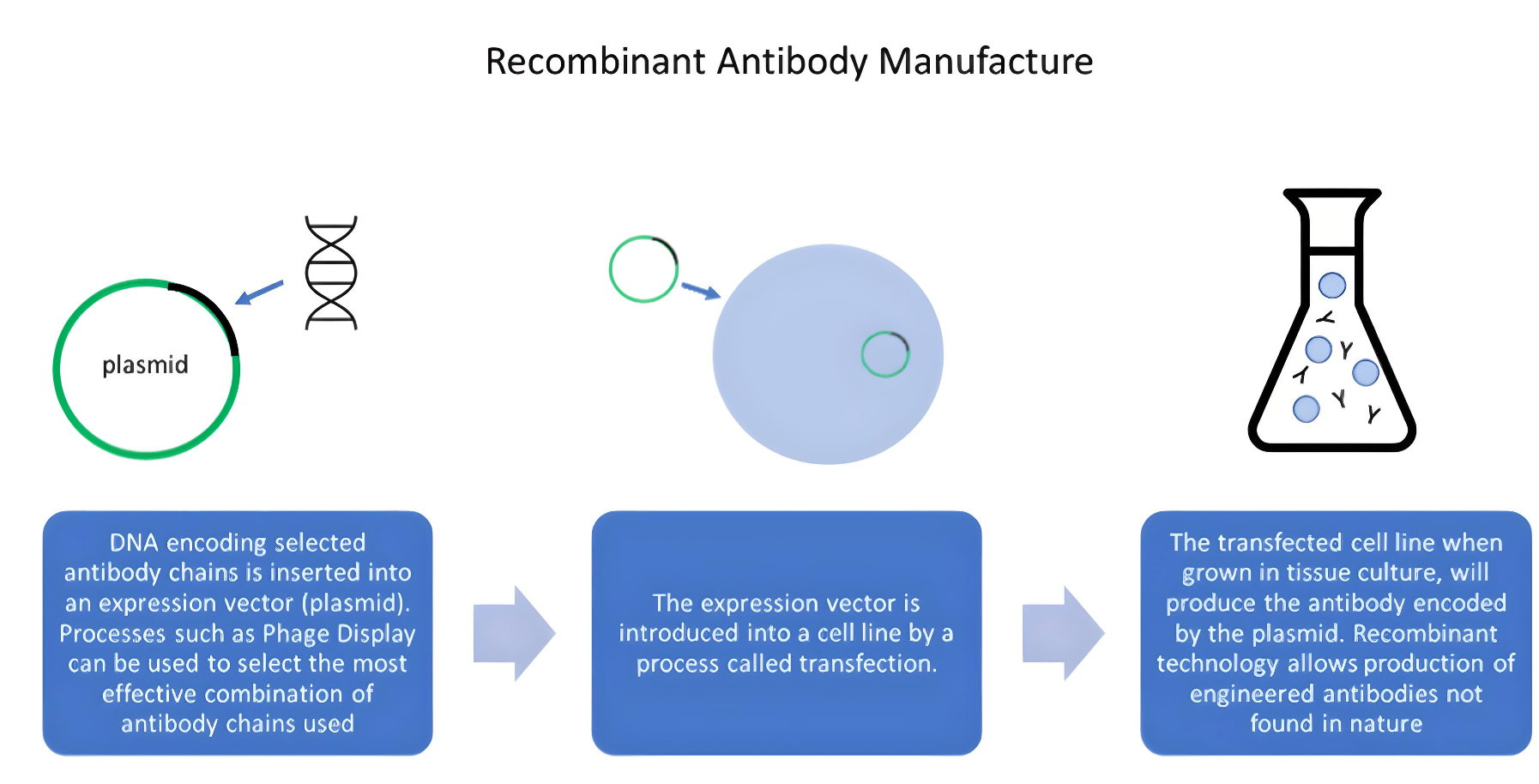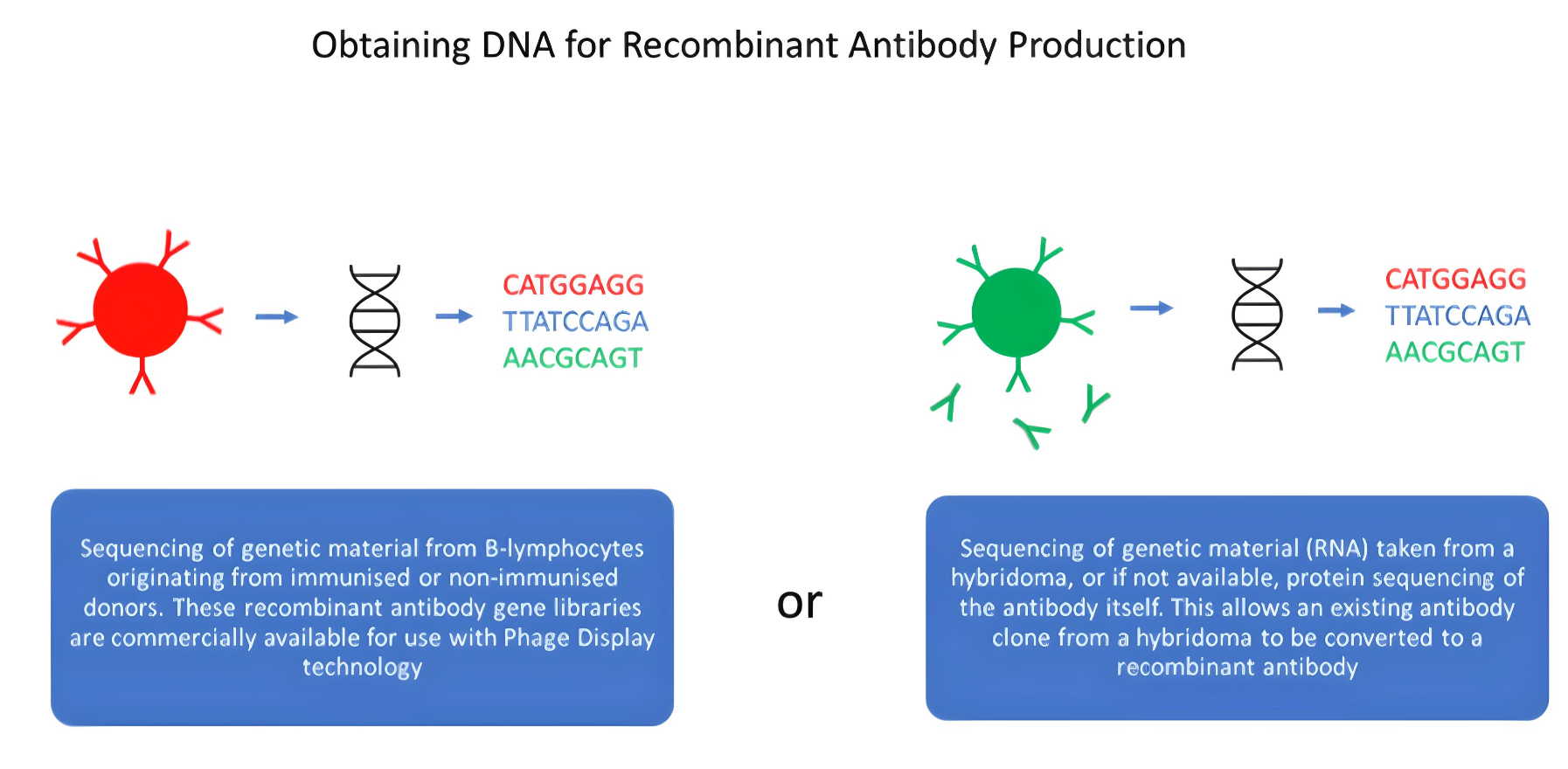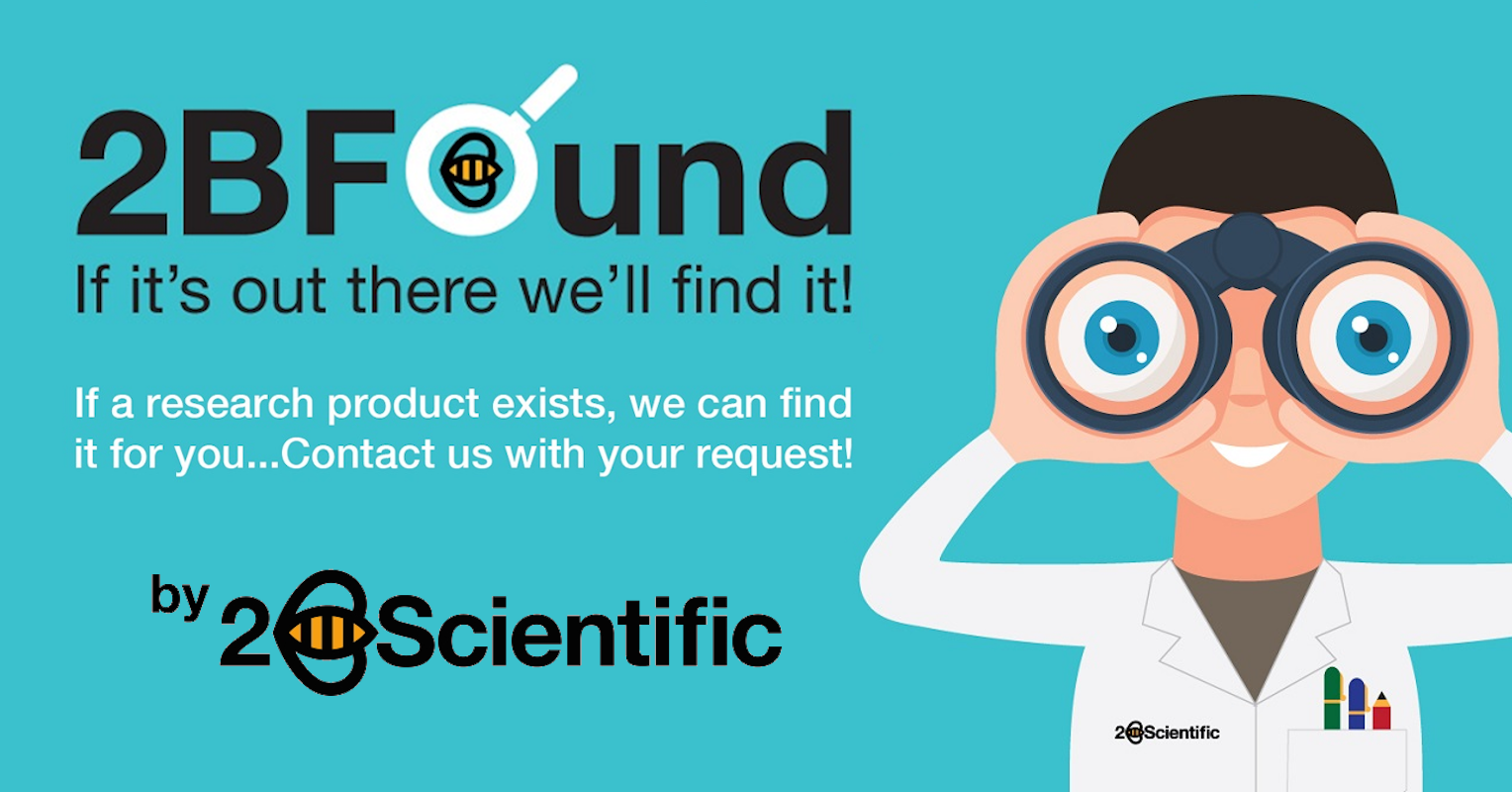Animal-Free Products
A Shift towards Animal-Free Products in laboratory research
Genetic Manipulation and drug testing have extensively involved the use of animals in one way or the other. In the UK, more than three million animals are used for research purposes despite the availability of alternative methods of experiementation such as in-vitro approaches using DNA library phage technology.
The concerns around quality, inconsistency of the formulation, lack of validation of reagents used in research as well as poor reproducibility of results using animal derived approaches have been major concerns in the bioscience community. More importantly, researchers must bear costs of animal usage as it requires breeding, housing, feeding, transporting, and disposing of animals. By using animal-free products, researchers or manufacturers can can avoid these ethical and practical issues, thereby focus on more humane and efficient reserach approaches.
By using animal-free products, researchers can reduce their reliance on animals, improve their research quality and relevance, and accelerate the translation of their findings to human health.
Another advantage of animal-free products is that they improve the quality and relevance as well as efficiency of research results. Animal models are often poor predictors of human responses, as they have different physiology, genetics, metabolism, and immune systems. This leads to inaccurate and unreliable data that may not be applicable to humans due to immunogenicity differences and genetic drifts. For example, a study by Harvard University in 2020, found that mouse models failed to mimic human inflammatory diseases (5).
With these numerous concerns, there has been a collective effort in the research community to adopt human-based / animal free in-vitro assays to replace animal models where possible and increase the predictivity of preclinical research (2).
One of the major shifts has been the synthesis of recombinant antibodies by manufacturers, where usage of different expression vectors from prokaryotic to eukaryotic offering diverse choices for the researchers. The expression systems include E. coli, Yeast, Baculovirus infected insect cells, Mammalian Cells, and in-vitro. E. coli that can encode the DNA of interest for a selected antibody chain. The expression vector can be transfected into a mammalian cell lines such as HEK or CHO which allow production of engineered antibodies (see Figure 1) (1).
 Figure 1 - Methodology of Manufacturing Recombinant Antibodies
Figure 1 - Methodology of Manufacturing Recombinant Antibodies
 Figure 2 - Methodology of obtaining DNA for production of recombinant antibodies
Figure 2 - Methodology of obtaining DNA for production of recombinant antibodies
Recombinant Antibody and Proteins
Absolute Biotech Company that includes Absolute Antibody and LSBio, have both been extensively involved in being part of the Animal Free antibody movement, and have developed alternatives to offering Recombinant Antibodies and Proteins that require no immunisation of animals. The platform is based on transient, chemical transfection of HEK293 cell lines cultured in a serum free medium. No viral transfection approaches are used.
The platform can also be used for Custom Antibody Expression Services and is used to produce the rapidly growing Recombinant Antibody and Protein Catalog.
Key Benefits
Through their recombinant technology they ensure reproducibility, defined conformation knowing what is in the vial, high purity as they use Serum-free mammalian expression system, and a large variety of antibody formats can be produced.
Absolute Antibody Reagents LSBio Animal-Free Proteins
Cape Biologix Technologies uses plant-based expression platforms to develop recombinant proteins. A unique alternative where they sequence the DNA digitally and then synthesise it into a physical DNA by using a high expressing PCBP plant expression vectors. The expression vectors are then inserted into Agrobacterium Bacterium. Plants are infiltrated with a solution of transformed bacteria, allowing the delivery of vectors into the cells of plants. A week after infiltration, the leaves of the infected plants are harvest for protein extraction and purification, further they are subjected to stringent quality testing to ensure purity, functionality, and performance.
Key Benefits
Using these expression systems for recombinant proteins, they provide wider application capability such as Cell assay, Binding assay/Protein-protein interaction, Cell culture-serum-free medium, Drug related studies, Enzymatic activity in vitro, ELISA standard and its raw materials, In vivo study, Mass spectrometry standard, Protein chip, SDS-PAGE control, Protein structure analysis (Crystal/ electron microscope). Also, to enhance results analysis and research efficiency, they provide multiple tags that can be customised as per request.
Animal Free Diluent and Blocker Buffers
Kementec and Vector Laboratories offers animal free buffers to improve assay sensitivity, reduce non-specific binding and ensure no cross reactivity with animal sourced antigens and antibodies. These buffers are BSA free thereby reduces regulatory concerns and offers faster cross border availability.
Animal Free Neural Cell Cultures Mediums
Creative Biolabs provides Animal free culture medium for the cell culture, maintenance, and differentiation of pluripotent and Embryonic stem cell types. These mediums are serum free
- StemTes™ E Maintenance Medium, Feeder-Free & Animal Component-Free
- NeuroDiff™ Definitive Endoderm Kit, Animal Component-free
- Artificial Serum (Animal-free)
Future Fields are using a biomanufacturing platform, the EntoEngine™, the first synthetic biology system in the world to use fruit flies like Drosophilia melanogaster for recombinant protein production to develop serum free growth factors for cell cultures for sustainable researchers. Their mission is to implement a sustainable biomanufacturing platform supporting the green initiatives.
Lectin Binding Assays
Vector Laboratories offers over 125 lectin binding assays that are produced from plants and fungi. These lectins are highly purified, subjected to intensive quality control to ensure best availability of lectins for research purpose. These lectins can be used in IHC, ICC, IF, Blotting and ELISA applications. Lectin products are independently assessed by the National Centre for Functional Glycomics (NCFG) using the NCFG glycan arrays and the Consortium for Functional Glycomics (CFG) glycan arrays, providing researchers with detailed glycan-binding specificity and detailed data of complex carbohydrate structures and lot specific data for better reproducibility.
